The Latest Updates, Perspectives and Stories From MatrixSpace
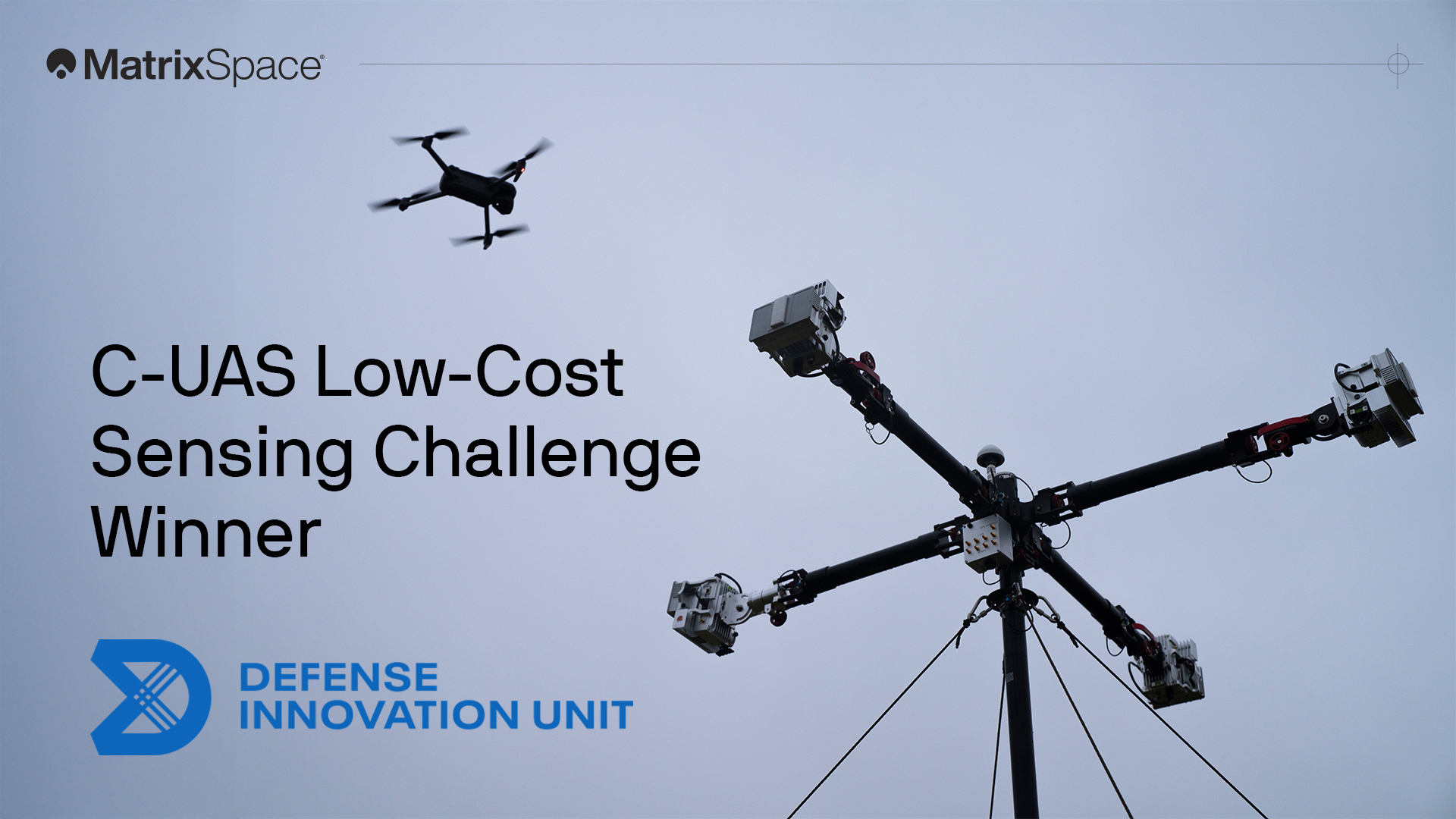
We're proud to have won both the DIU C-UAS Low-Cost Sensing challenge and the Army xTechCounter Strike competition. Innovation like ours is needed to modernize national security capabilities.
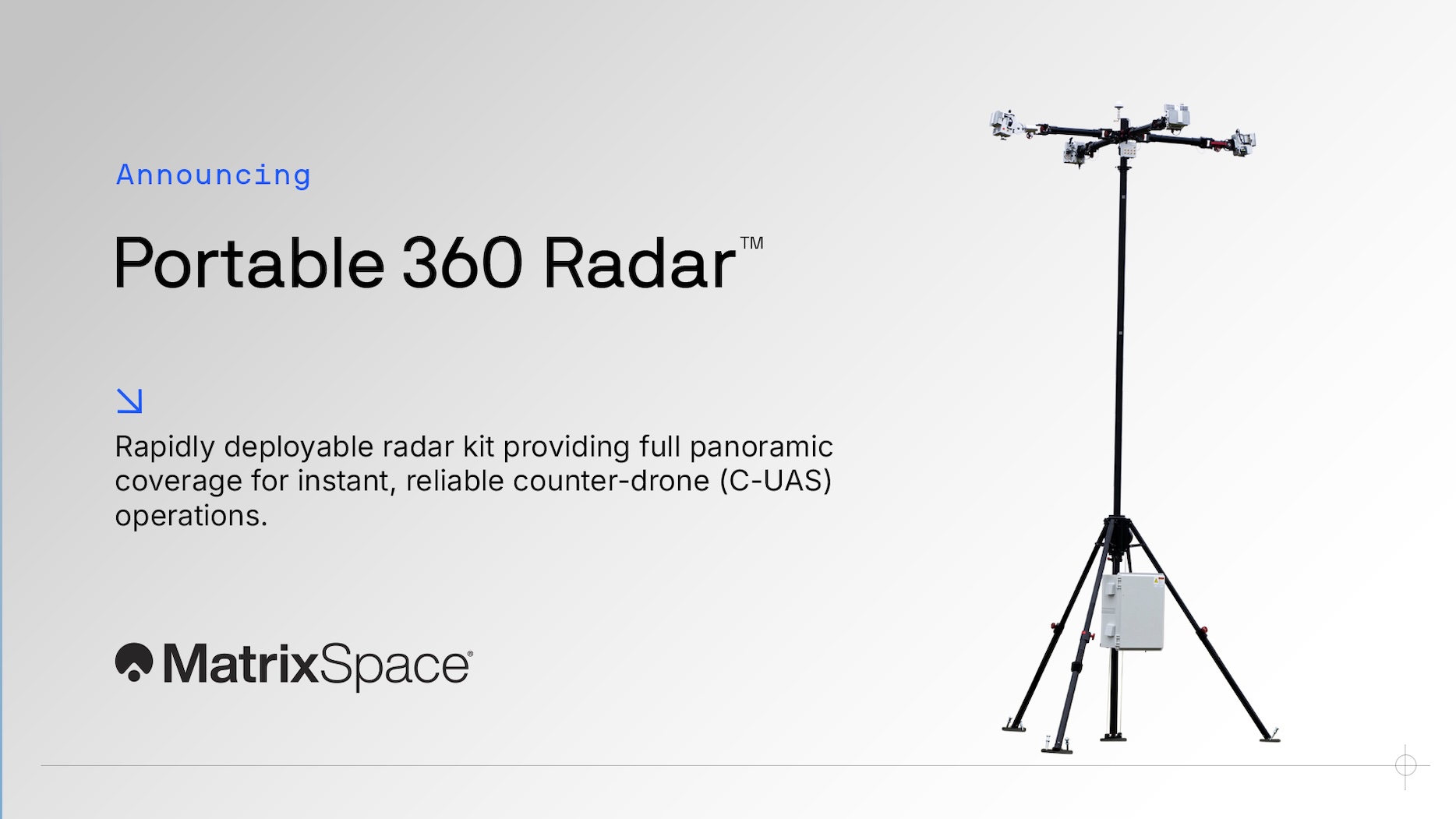
Protecting airspace security for temporary operations—whether stadium events, public gatherings, expeditionary maneuvers, or sensitive activities in/near secure sites—has never been more urgent. Drone threats are increasing, and traditional radar systems simply aren’t built for the speed and flexibility these scenarios demand.

DroneSense customers can now seamlessly conduct remote operations with comprehensive airspace awareness in a common operating picture with the inclusion of MatrixSpace radar detection intelligence.

While some industry influencers argue DFR operations are best run up to 200 feet above ground under shielded conditions (only), we explore the risks of this practice as well as the benefits of extending operational altitude with airspace sensors.
L3Harris recently collaborated with MatrixSpace to demonstrate how the companies’ novel technologies can be combined to provide a ground-breaking, low-cost solution to detecting, identifying, and tracking drones.

Expanding its pioneering Drone as First Responder (DFR) program, Campbell…

Nautical ports have historically been the primary means for large volumes of cargo and people, including intercoastal shipping from local ports or from ports across the world.

In the ever-evolving landscape of prison security, the advent of drone technology has introduced new challenges.

While there’s a lot of attention given to drone detection and counter drone solutions, we also hear from customers about the need for higher levels of ground and air surveillance in the general aviation space.

In the past twenty years, we’ve seen amazing advances in sensors of many varieties.

There’s a common misconception in the UAS industry when talking about surveillance and operational volumes for UAS operations.
A limitation in UAS operations for DFRs (Drone as First Responder) programs is the requirement for visual line-of-sight (VLOS) of the Remote Pilot in Command (RPIC).
Latest News
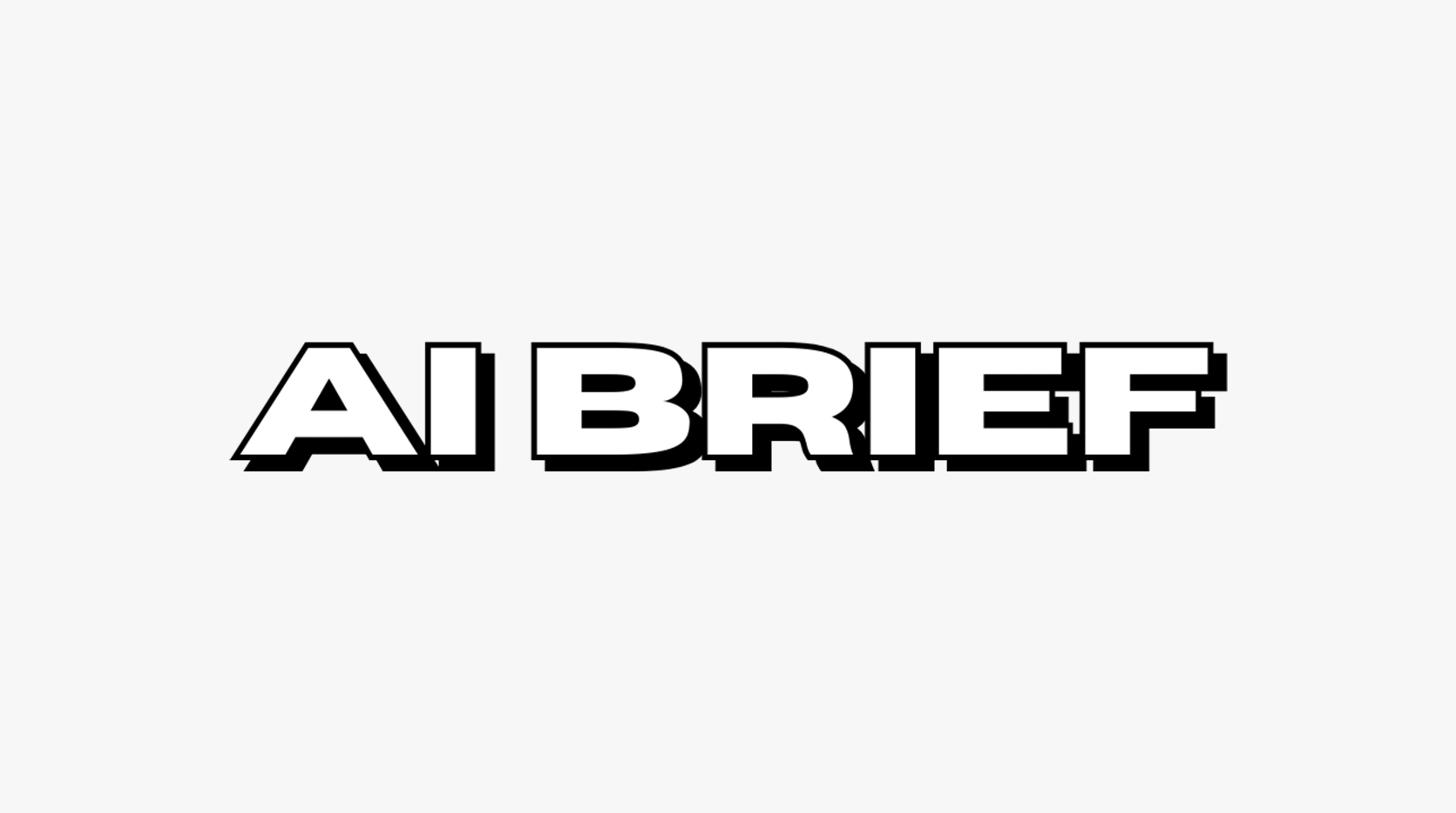

MatrixSpace has been selected as the active sensor winner in the U.S. Army’s Operation Flytrap 4.5 xTechCounter Strike competition, recognizing its AI-enabled radar technology for counter-drone missions.
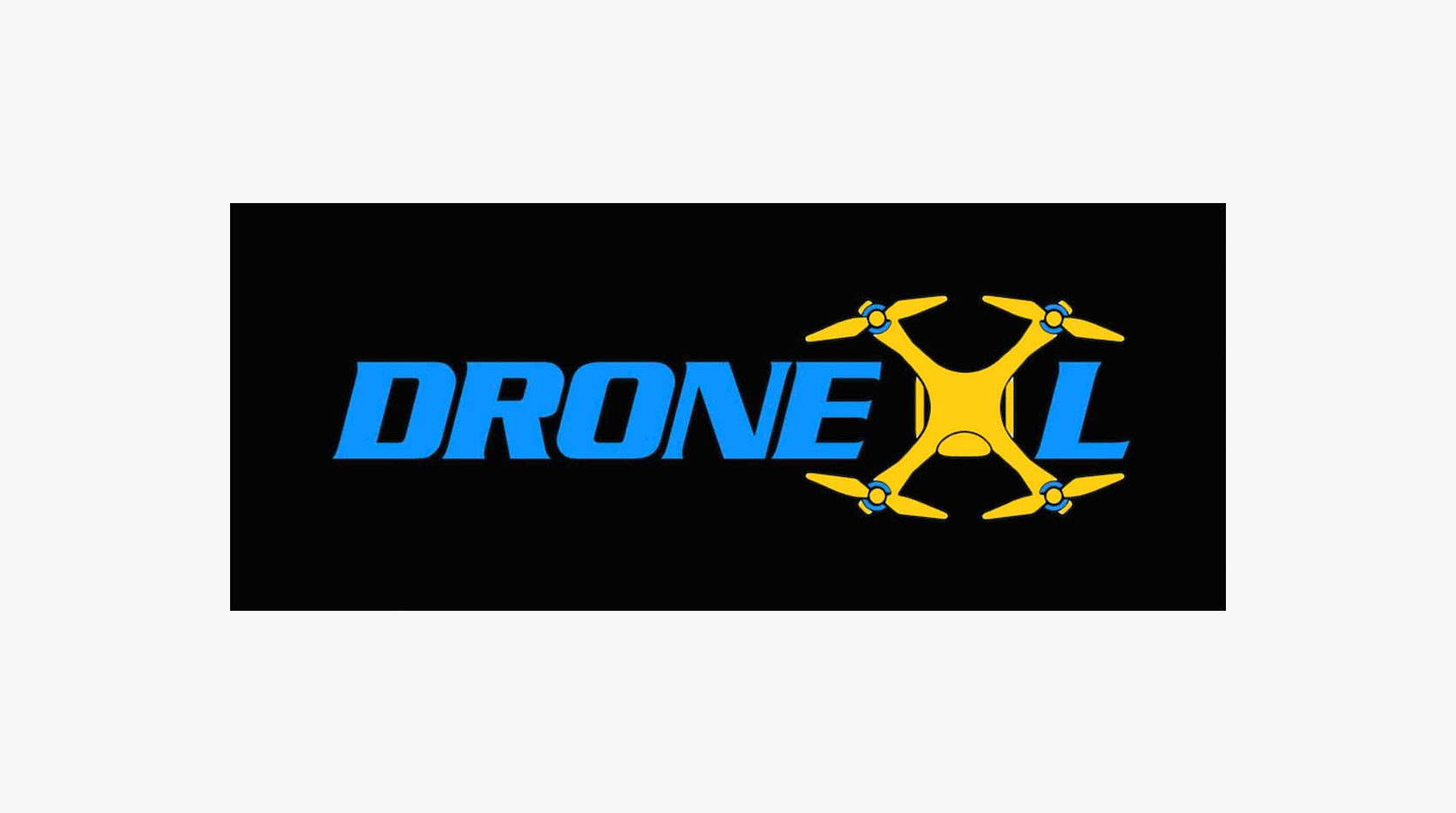

MatrixSpace has come out on top in the active sensor category of the US Army xTechCounter Strike competition, as SSB Crack reports. This win highlights the company’s push to build portable and smart counter UAS tools that soldiers can use in the field with ease.


Operation Flytrap is the U.S. Army’s key initiative to accelerate innovative, scalable C-UAS technologies


Company Recognized for Portable AI Radar Technology in xTechCounter Strike Competition
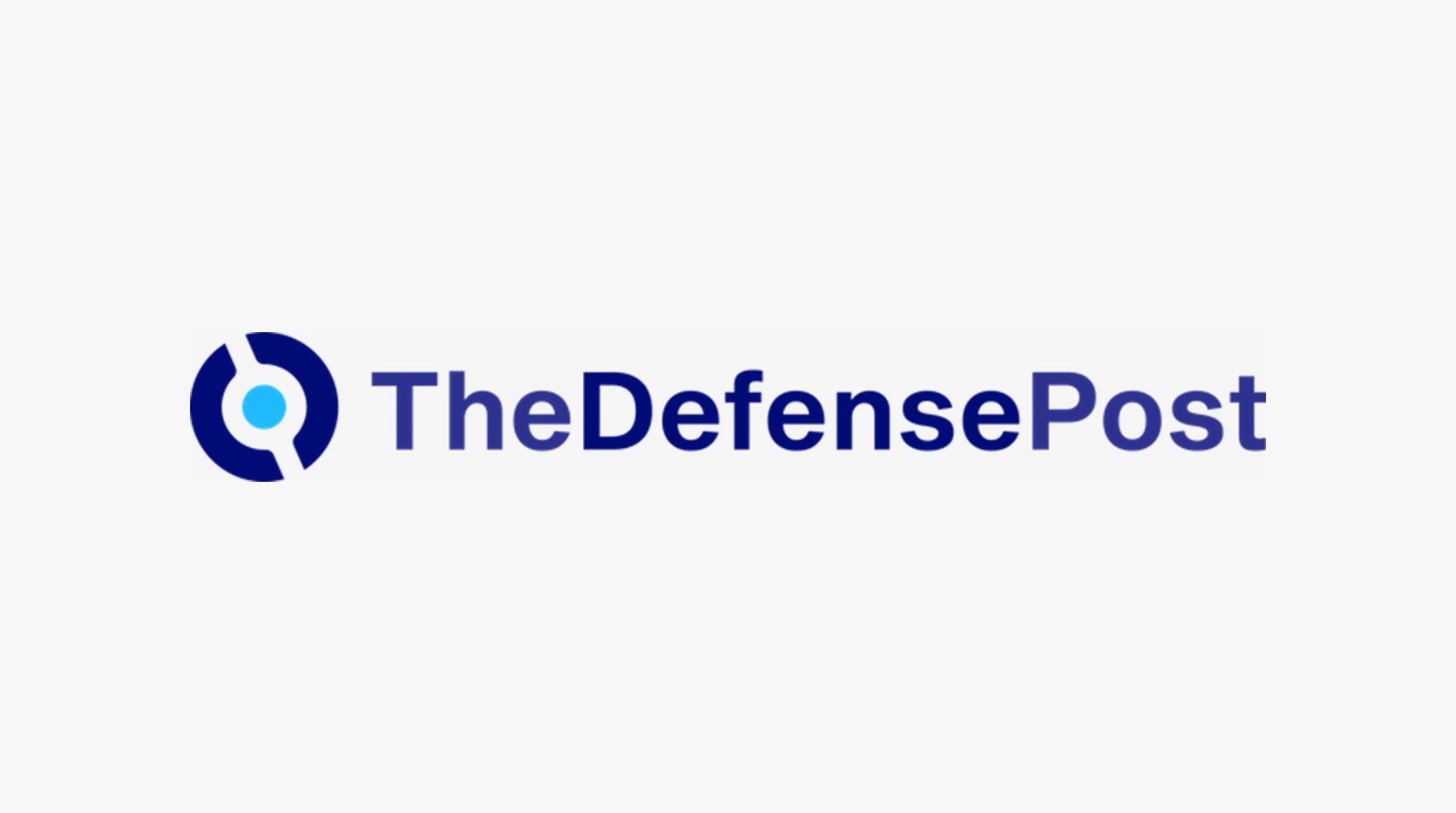

MatrixSpace has been named the active sensor winner in the US Army’s xTechCounter Strike competition, marking a significant step forward for portable, AI-driven counter-unmanned aircraft systems (UAS).